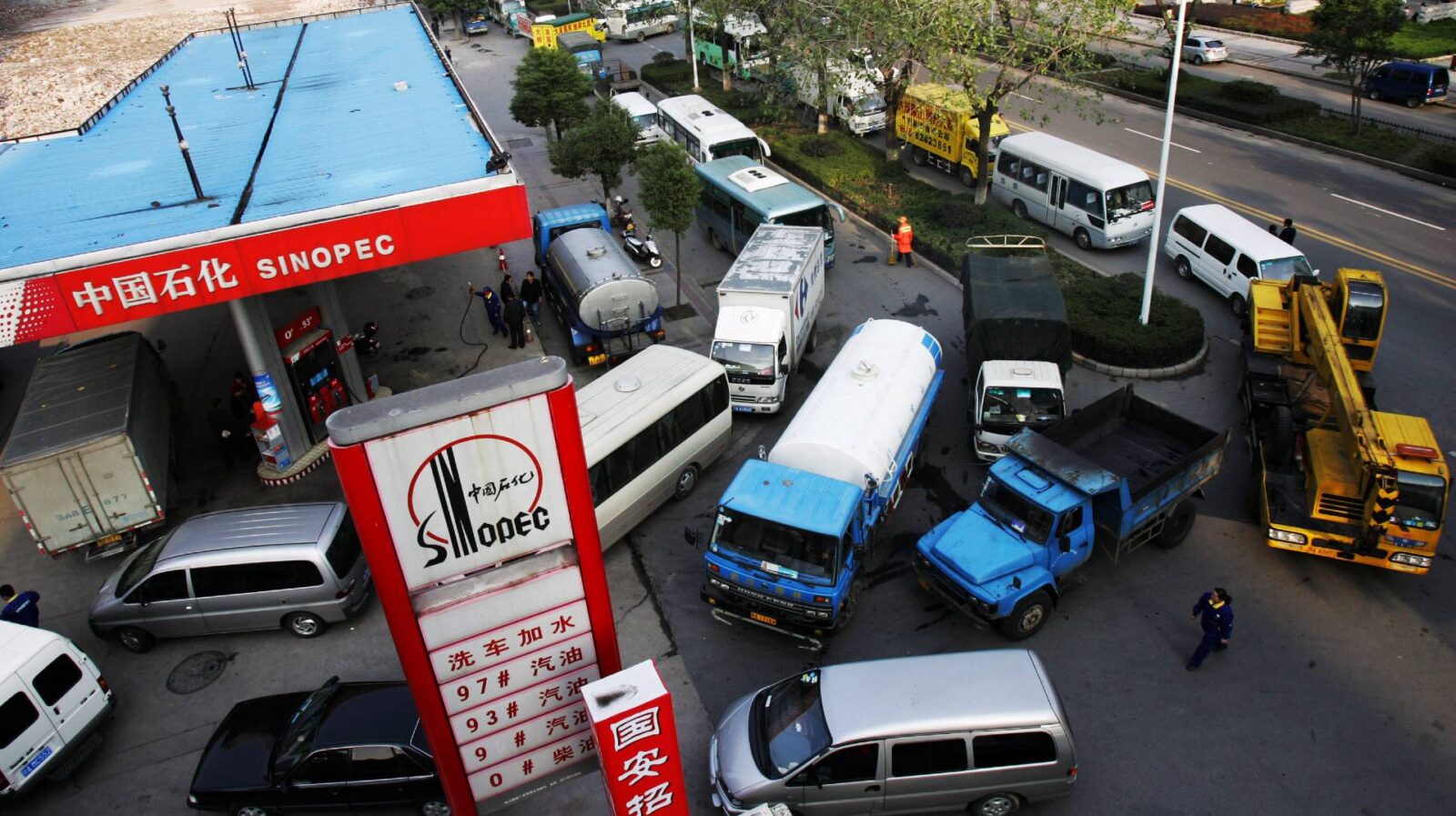As China’s diesel supplies dwindle, drivers of freight trucks and diesel-powered family cars in Australia have been warned they could be “forced off the roads within weeks”, due to global shortages of a special anti-pollution additive legally required for all diesel vehicles.
The Australian reported Friday that the worrying shortage of diesel exhaust fluid (DEF) this summer could result in “up to half of all trucks” being “removed from the road by early next year”.
With 2.6 million Australians still driving a diesel car, the DEF crunch is also set to dampen the Christmas travel plans of Aussie families, who will be hitting the roads for holidays and family reunions.
Australia’s Deputy Prime Minister Barnaby Joyce’s office is set to be warned Friday by key industry stakeholders. Without decisive government action on the DEF shortage, there will be a cascading impact across the country, also affecting the agricultural and power sectors, which rely heavily on diesel motors.
DEF is injected into the exhaust system to reduce the amount of pollution entering the atmosphere and is a legal requirement for diesel-operated vehicles to meet emissions controls. But the supply, mainly from China, has been slashed, leading to global shortages and price hikes.
The essential product was now in danger of “becoming the industry’s toilet paper”, National Road Transport Association chief executive Warren Clark told The Australian, with panicky businesses rushing to buy stock ahead of an expected collapse in supply. “It is a massive supply chain issue,” said Clark, warning that the product was being bought in bulk by many Australian users. “We are talking about a supply chain that’s really under stress at the moment.”

Meanwhile, in China, many petrol stations across the country have introduced diesel rationing amid rising costs and falling supplies, the BBC has reported.
“Some truck drivers are having to wait entire days to refuel, according to posts on social media site Weibo,” said the BBC. “China is currently in the midst of a massive power crunch, as coal and natural gas shortages have closed factories and left homes without power.”
Mattie Bekink, China director at The Economist Intelligence Unit, told the BBC, “Depending on the duration and intensity of this crunch, we could well see this contribute to the global supply-chain challenges.”
In Australia, diesel is second in popularity only to petrol, despite an increasing number of manufacturers pledging a shift away from petrol and diesel entirely, recent Roy Morgan data has shown.
Their study also found that for several manufacturers, diesel cars made up the majority of their Australian-owned vehicles. These included Mitsubishi, Volkswagen, Isuzu UTE, BMW, Mercedes-Benz, Jeep, Volvo, Peugeot and Land Rover.
Article courtesy of Startsat60


